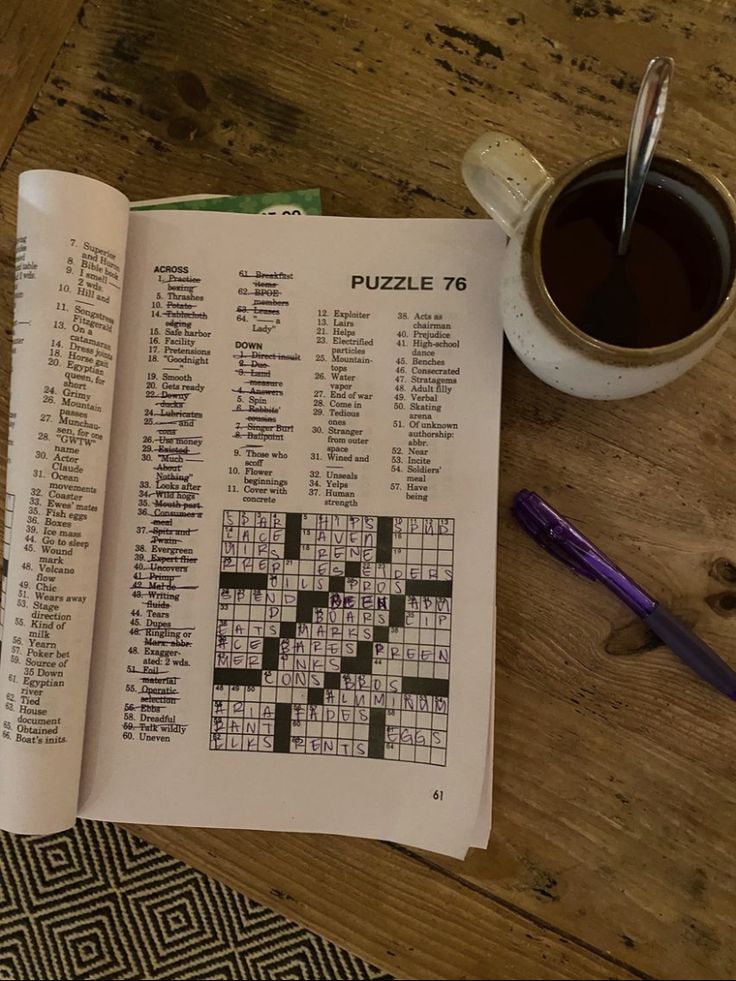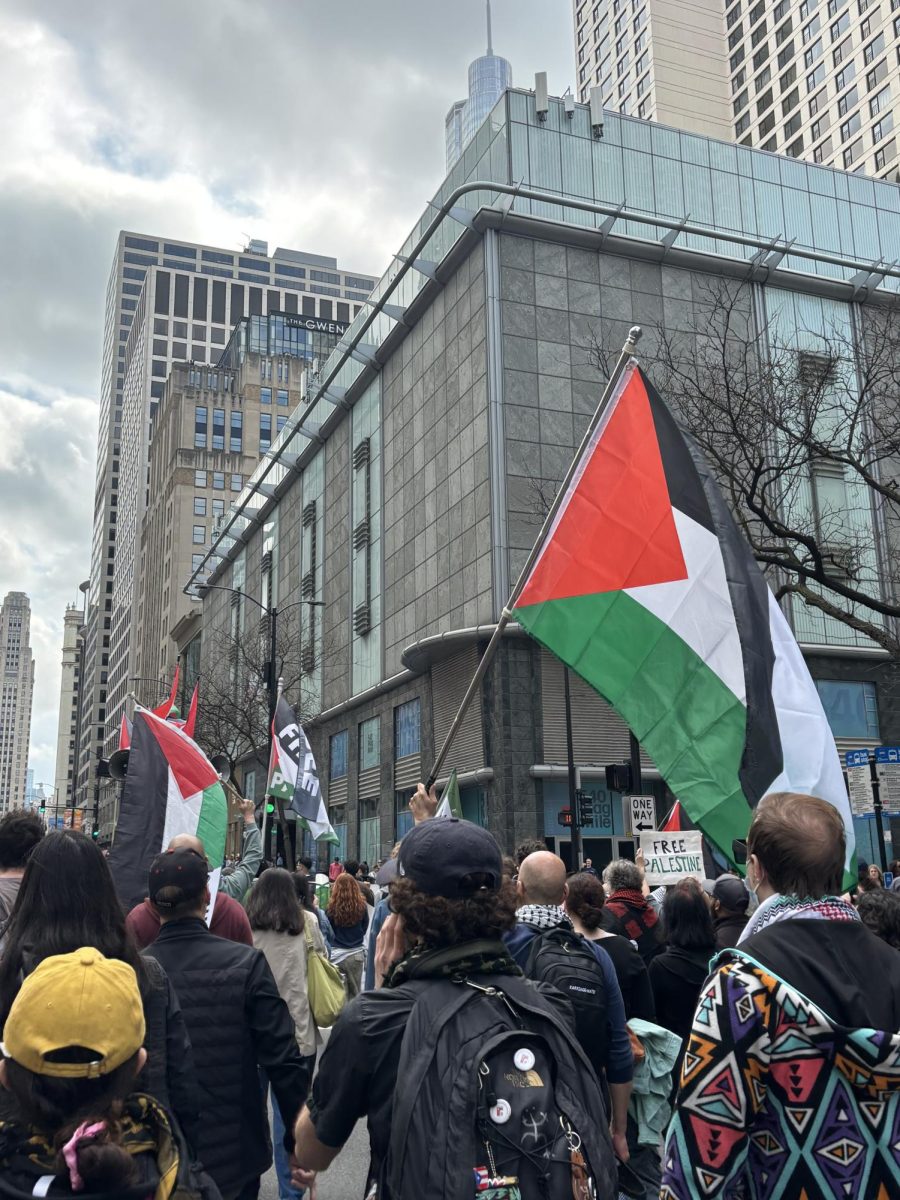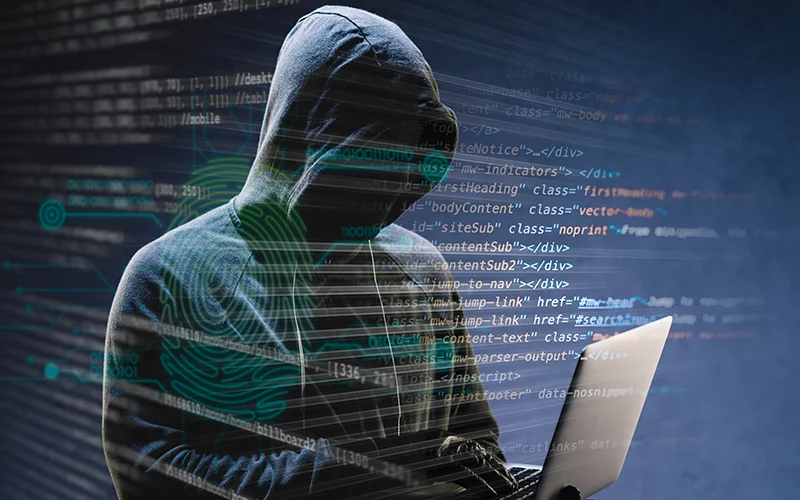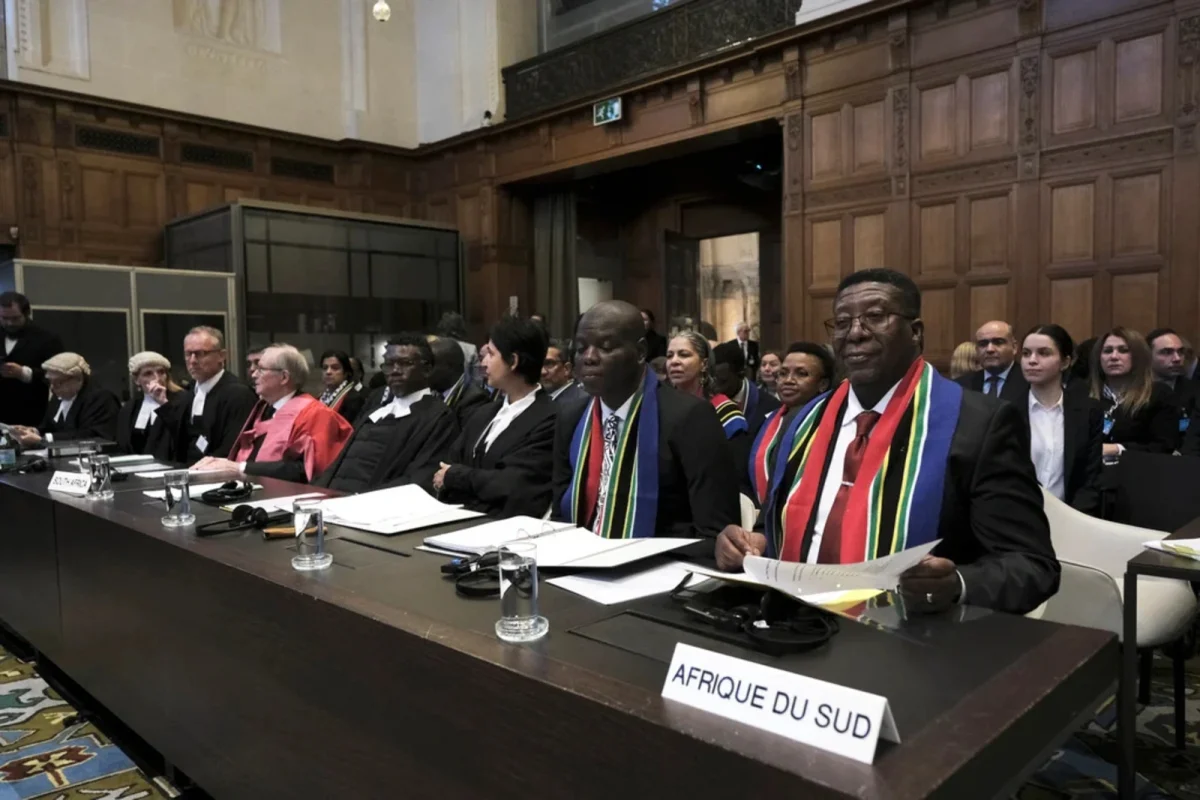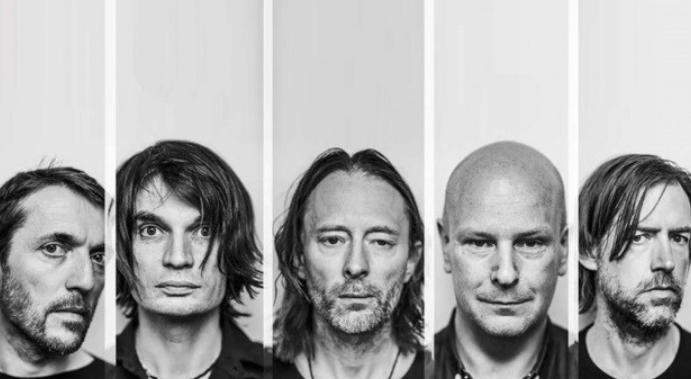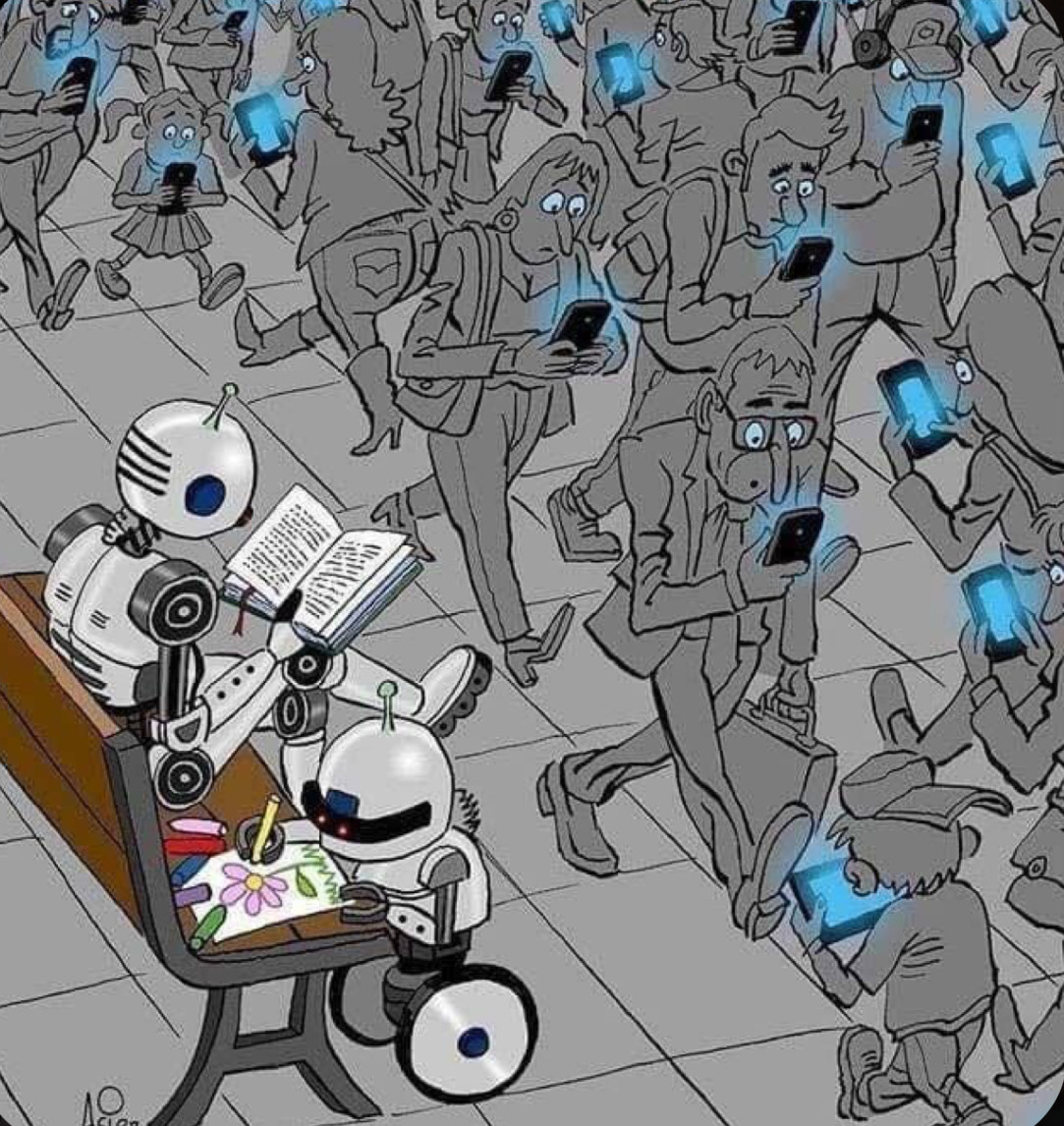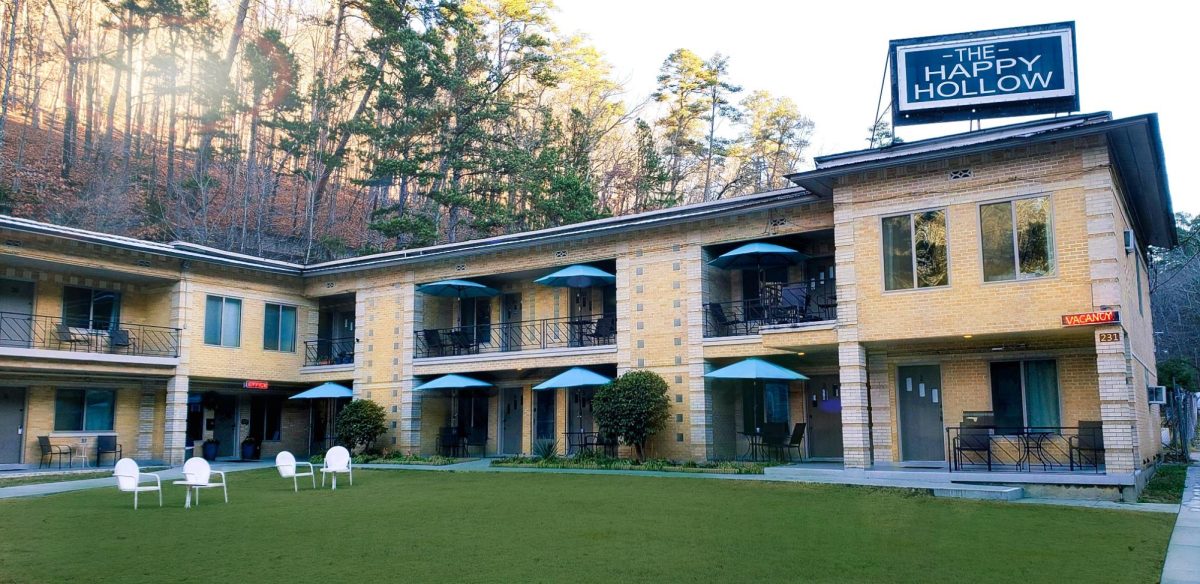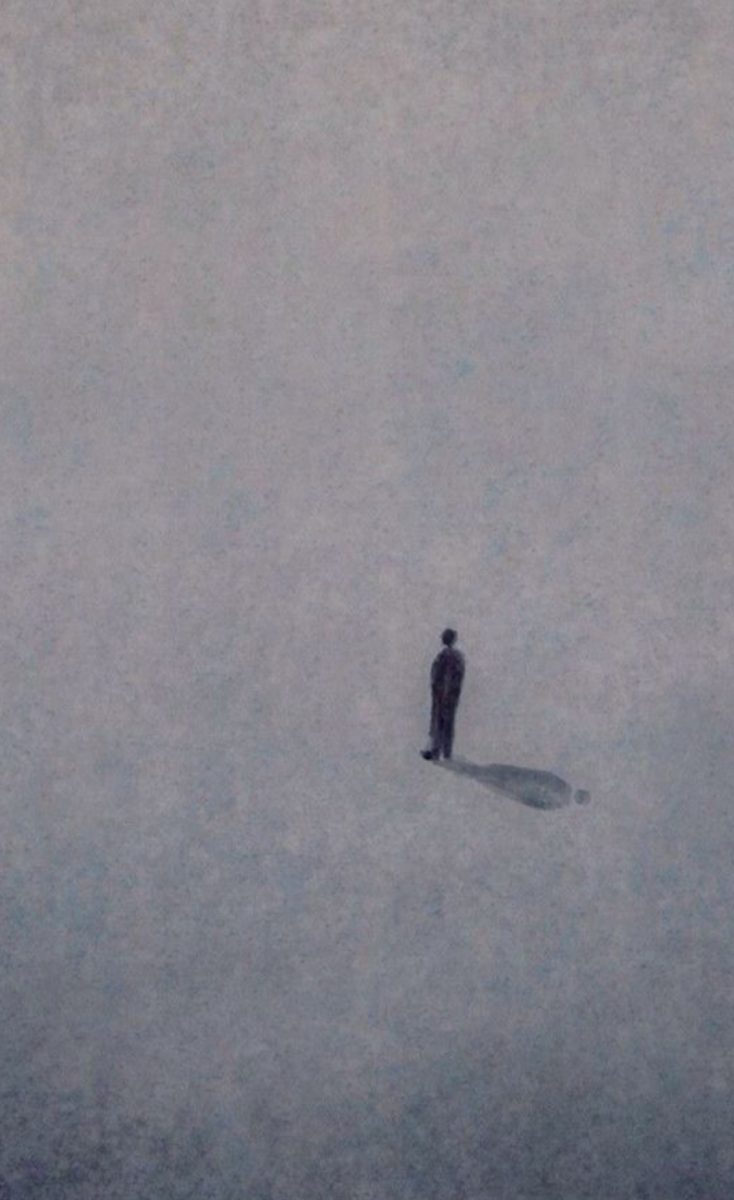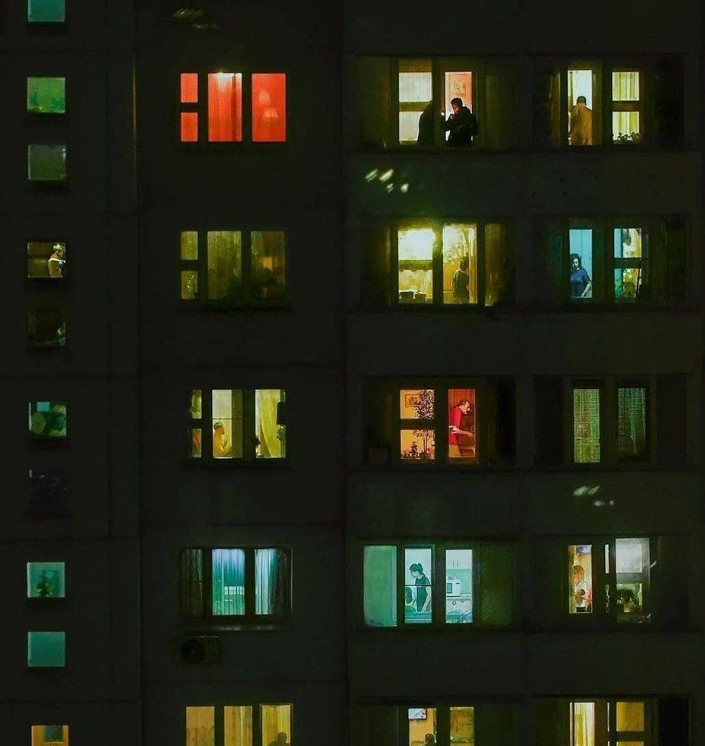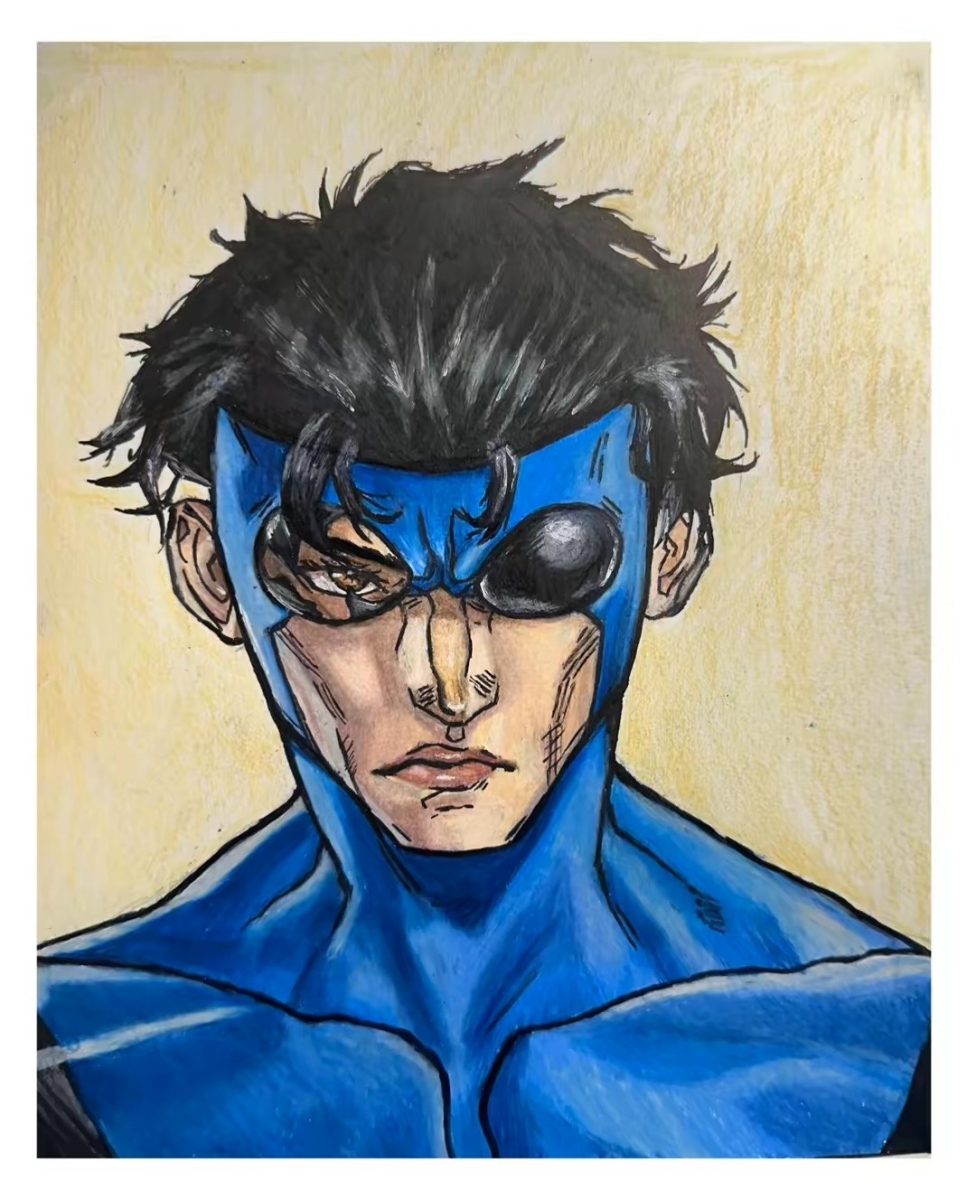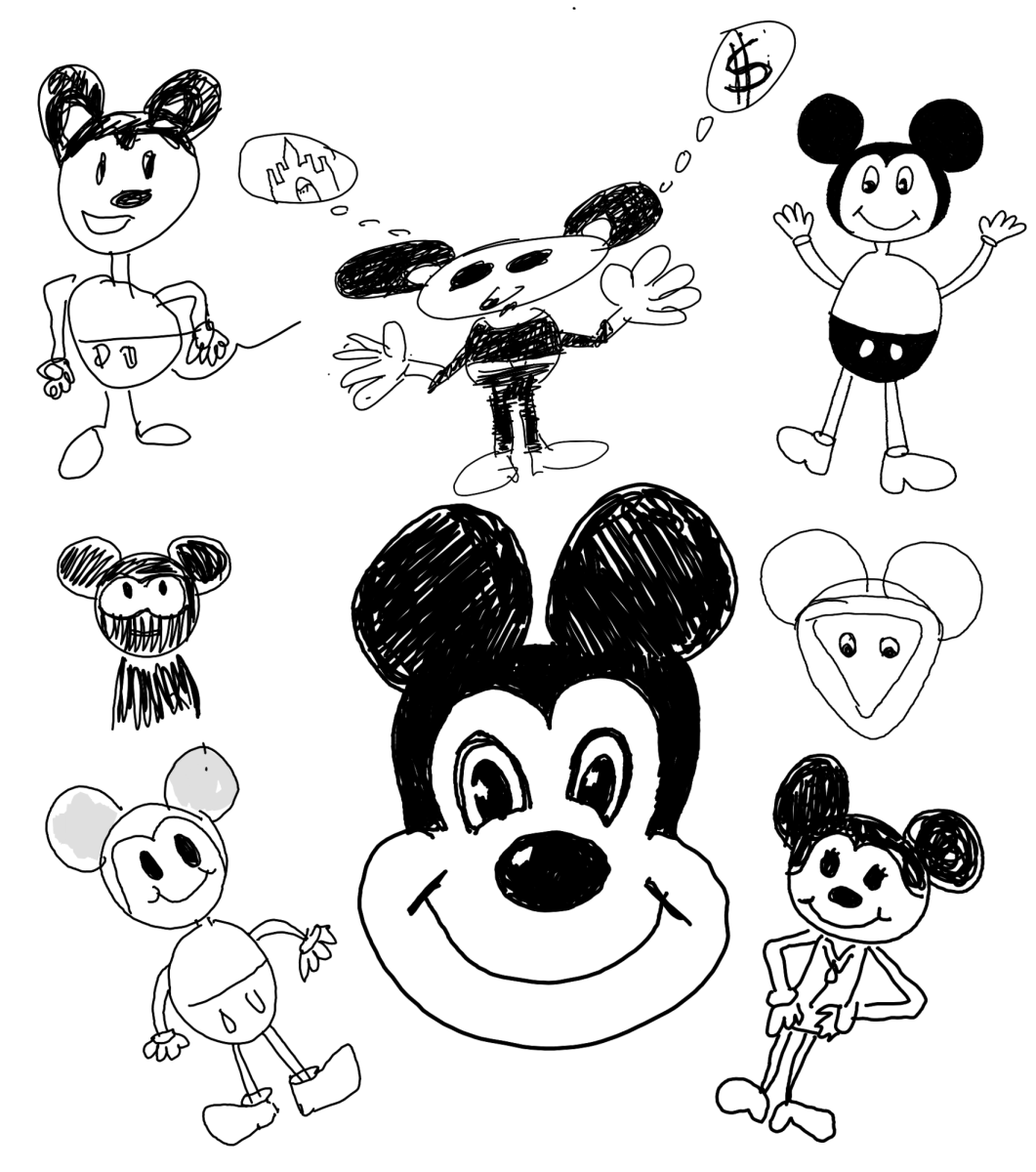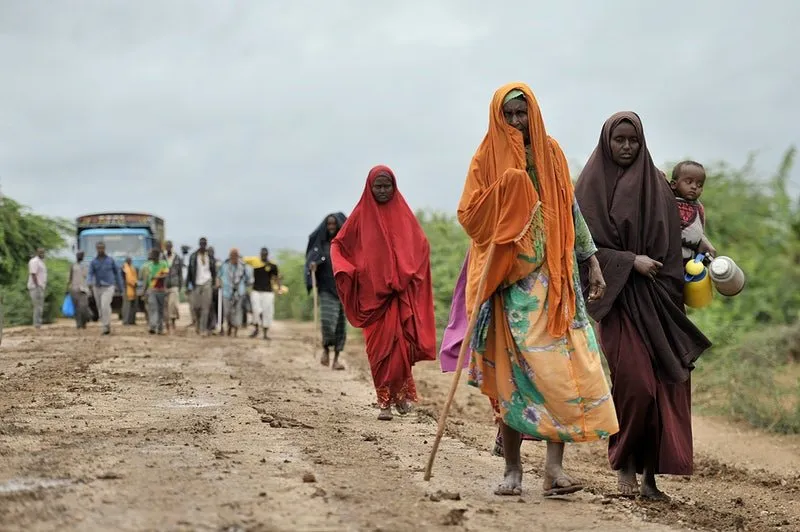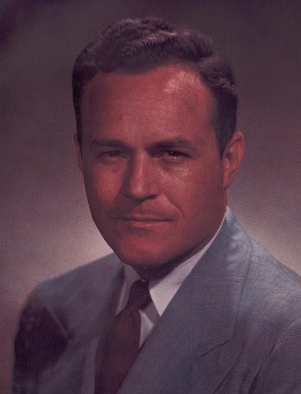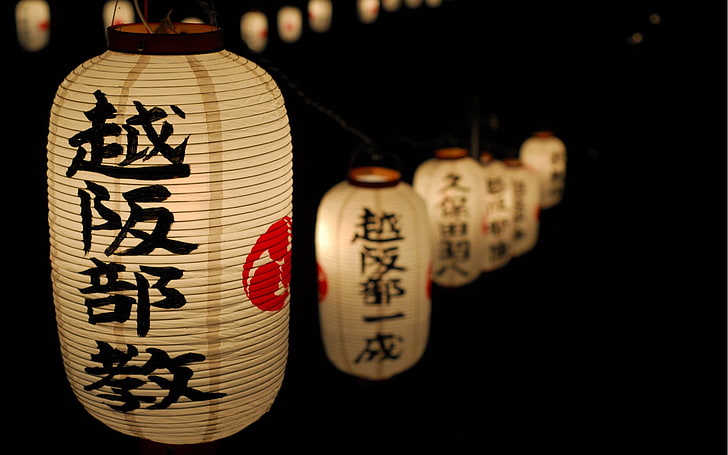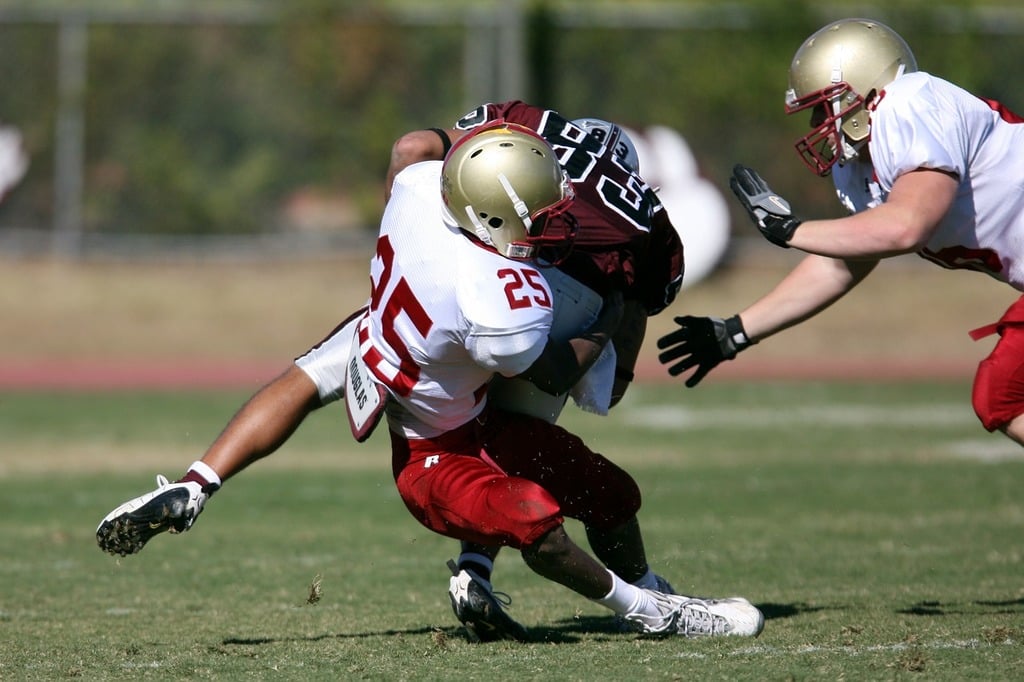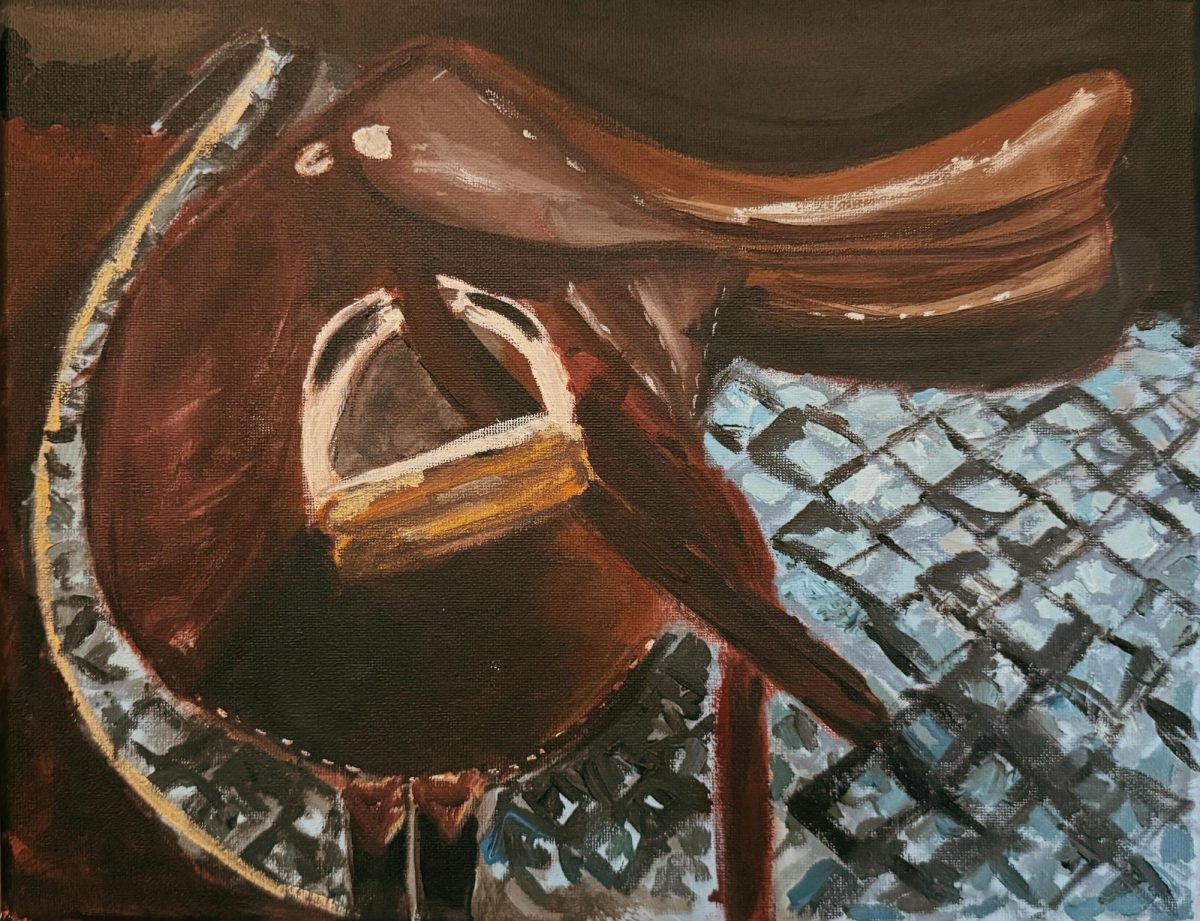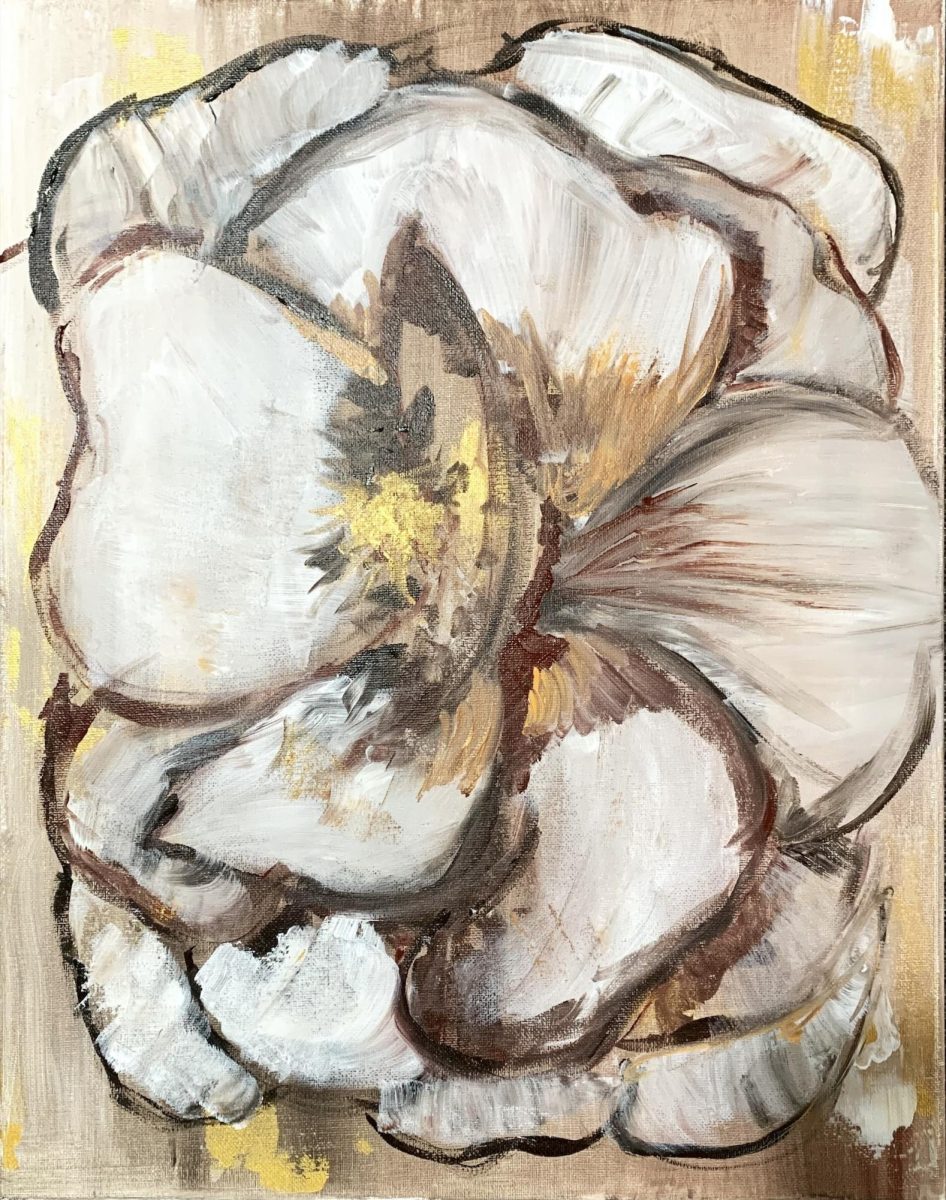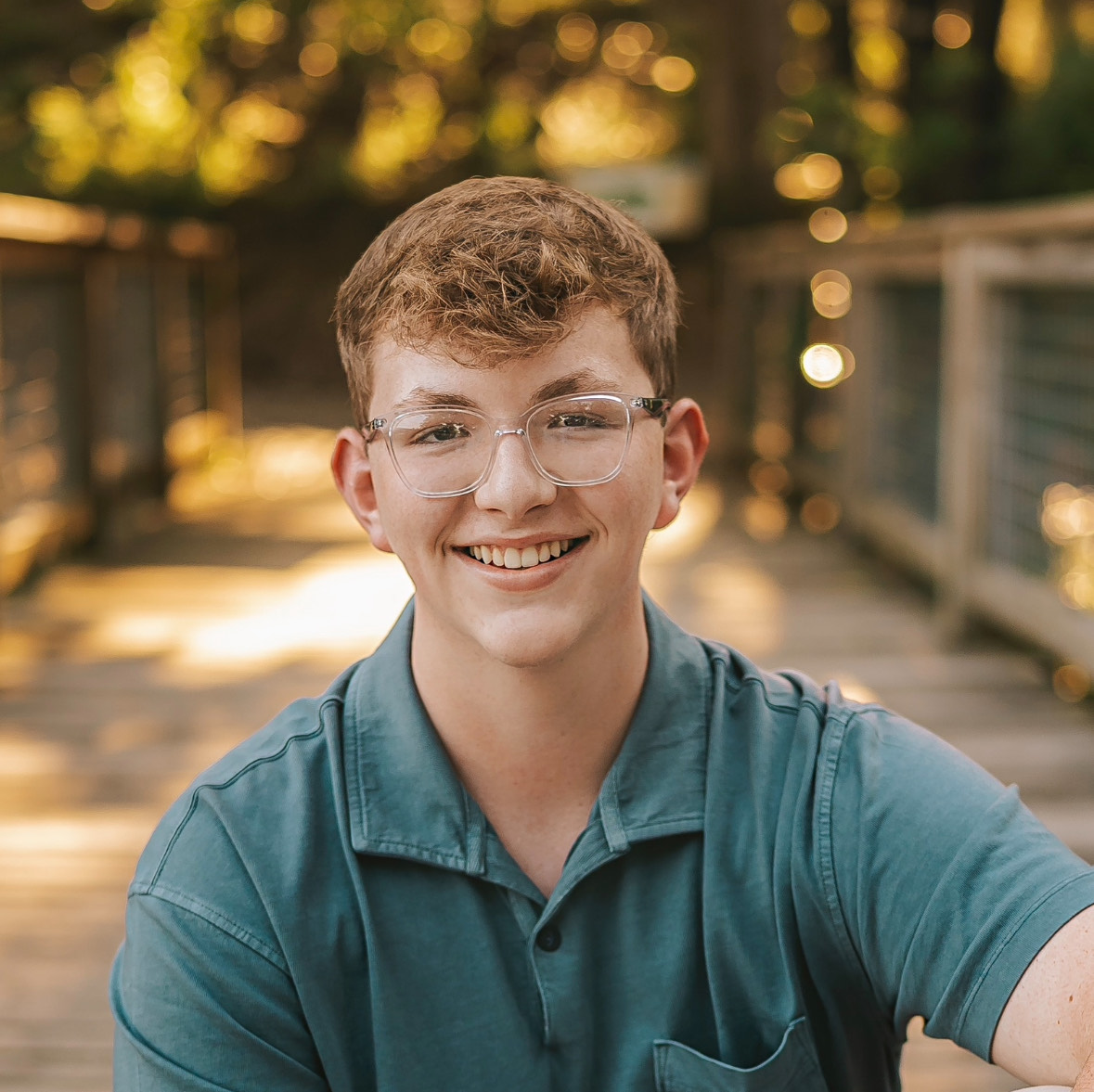In Northeast Africa, between Egypt and Ethiopia and bordering the Red Sea, lies the Republic of the Sudan, home to over 50 million people. Once Africa’s largest country before South Sudan declared independence in 2011, the region has a long, rich, and tumultuous history, from the Kerma Kingdom to Anglo-Egyptian imperialism to its independence in 1956. Unsure how to govern itself once liberated, Sudan fell down a long path of dictatorships, militarism, and civil war, primarily between the Muslim north and Christian south, which were ruled separately by the two colonizers and thus struggled to reintegrate, particularly due to differences in economic development. Unfortunately, the people of Sudan have yet to find peace. As of April 2023, the country has once again been plunged into the depths of civil war, creating what the United Nations Head Commissioner for Refugees (UNHCR) has described as “the most devastating humanitarian and displacement crisis in the world.” Understanding the origins of Sudan’s troubled statehood necessitates a careful examination of the historical forces that have shaped the region.
In 1985, dictator Gaafar al-Nimeiry was overthrown in a military coup and replaced by the democratically elected Sadiq Al-Mahdi, marking his second term in office. It was short-lived, however, as he was himself ousted in a military coup in 1989, marking the beginning of Omar al-Bashir’s reign.
Bashir usurped leadership of a country amidst the throes of ethnic conflict and civil war. Specifically, in a western region of Sudan called Darfur, around the size of Spain and home to approximately 80 different tribes and ethnic groups, tensions bubbled between Arabs and non-Arabs. Since Sudanese independence, the ruling elites of the capital, Khartoum, have neglected peripheral areas, taking resources and wealth from them without compensation, and Bashir showed no signs of breaking this trend. Citizens of Darfur protested their oppression and neglect, though they were largely ignored, leading to the rise of rebel movements, which would eventually culminate in attacks on the capital. The most prominent of the rebel groups were the Sudan Liberation Army (SLA) and the Justice and Equality Movement (JEM).
Operating a militant, pro-Arab government, Bashir declared it the duty of the Sudanese government to shut down “insurgents,” mobilizing the Janjaweed, or Arab militias. The campaign quickly became an ethnic cleansing of Darfur’s Fur, Masalit, and Zaghawa peoples, with mass rapes, mutilations, and murders, as well as the blocking of international aid for suffering civilians. In 2006, the government and the SLA attempted to sign a peace accord, but other groups, including JEM, refused the terms, and the fighting continued, including the pain suffered by civilians. By 2007, more than 300,000 Darfurians were dead, and more than two million were displaced from their homes.
In 2009 and 2010, respectively, two standing warrants of arrest were placed on Bashir for “[f]ive counts of crimes against humanity: murder… extermination …forcible transfer …torture…and rape….two counts of war crimes…and [t]hree counts of genocide” by the International Criminal Court (ICC). Despite the recognition of the leader’s crimes, however, no formal, international punishment was laid down, as Bashir was never tried at the ICC’s headquarters, The Hague.
In 2011, South Sudan gained independence as its own country after six years of peace talks, with roughly 99% of South Sudanese voting to secede in the referendum. Even so, despite Bashir acknowledging the secession, South Sudan’s newfound liberation came at a price: the region was still less economically developed than Sudan and ethnic tensions still bubbled within the newly drawn borders, which were not finalized: border disputes between Sudan and South Sudan would continue for a number of years after the independence referendum, particularly regarding land with rich oil reserves.
Between the loss of South Sudan and the 1997 to 2017 US sanctions, the Sudanese economy was destroyed. Bashir attempted to implement austerity measures, but to no avail. Soon, there was a stark devaluation of the Sudanese currency, leading to mass protests and demonstrations. Sudanese, particularly teenagers and young adults, took to the streets to decry their circumstances and Bashir’s regime, with people of various skin colors and ethnicities uniting despite the leader’s previous exploitation of ethnic tensions. According to the Washington Post, a phrase arose, “Oh, you arrogant racist, we are all Darfur.” Additionally, some protests were comprised of up to 70% women, as well as large numbers of doctors and lawyers. Protesters wanted peace but were met with tear gas and mass arrests.
Tensions boiled over in April of 2019, when Omar al-Bashir was toppled in a military coup. After intervention from the African Union, the new leadership agreed to a three-year transitional dual military-civilian government, headed by Abdalla Hamdok, the nation’s 15th Prime Minister. However, he was overthrown in a military coup in October 2021 and temporarily detained. Although he was later reinstated, he stepped down in 2022 as a result of the dramatic event and an overall uneasy populace.
Head of armed forces Abdel Fattah al-Burhan staged the coup and thus took power after Hamdok’s formal resignation, though his deputy, Mohamed Hamdan Dagalo, better known as “Hemedti,” had objections. General Dagalo had helped to stage the overthrow of Hamdok but disagreed with Burhan’s subsequent vision for the government. Leader of the Rapid Support Forces (RSF), which evolved from the Janjaweed and was formally recognized in 2017, even intervening in conflicts in Yemen and Libya, Dagalo wanted to integrate his force into the primary military, a move Burhan disagreed with; as the BBC points out, suspicions are that both men wanted desperately to hold onto their positions of power. Whatever the motivation, Dagalo began to deploy RSF members around the country, which the army saw as a threat. Shooting broke out on April 15th, 2023, and the violence has yet to stop to this day.
Both Burhan and Dagalo’s forces stand accused of war crimes, with the citizens of Sudan suffering greatly. According to the United Nations, at least ten areas of the country have been confirmed to be in a state of famine, with 17 more at risk; in total, more than 25 million Sudanese, half of the population, are starving, including about 5 million malnourished children and mothers. Tens of thousands have died, and over 12 million have been displaced from their homes. Women and girls are facing systematic sexual violence, and over 80% of hospitals in conflict zones are defunct, meaning they, along with the others suffering in various ways, are unable to get the help they need. On top of all of this, the people of Darfur are once again at risk of ethnic cleansing, particularly the Masalits, targeted by the RSF, who are breaking into homes and shooting babies in the head.
The people of Sudan are suffering immensely, and yet most of the world has turned a blind eye to their pain. We cannot allow this to continue for any longer; even just one more day of armed conflicts means more deaths and more refugees. Even if you don’t think you can do much, anything is better than nothing, and you have more power than you realize. Invest in resources to help the Sudanese, such as the United Nations’ World Food Program, the Children’s Fund, Doctors Without Borders, or the International Rescue Committee. Donating even just five dollars, the cost of your morning coffee, can help feed a starving child or provide healthcare to displaced women. And if you are unable to provide financially, then even just your words are enough: please, share this article as far and wide as you can; have your parents share it on their socials to their friends, and have their friends do the same. If you do not wish to transmit the whole piece, then give an abridged version. Above all, keep the people of Sudan in your thoughts always and let their suffering be heard at every chance. You would want them to do the same for you.



